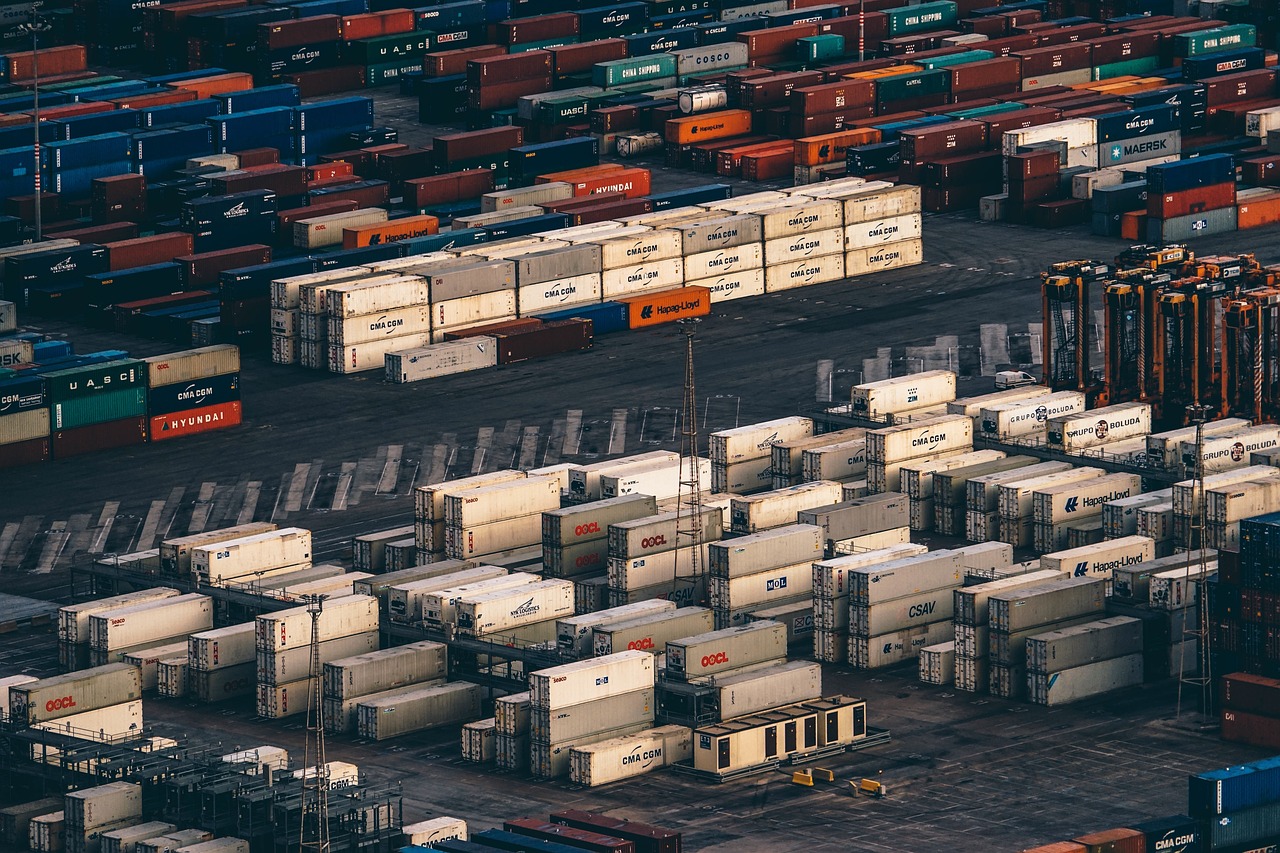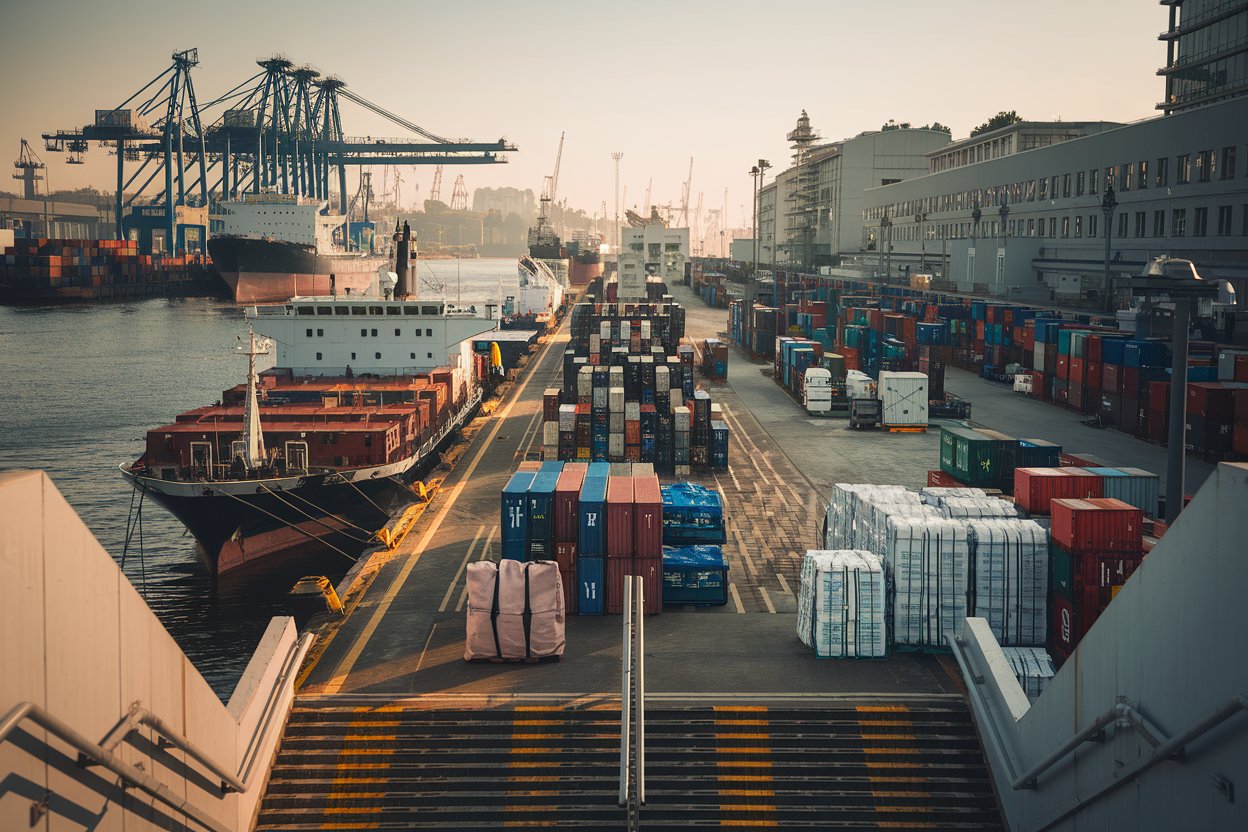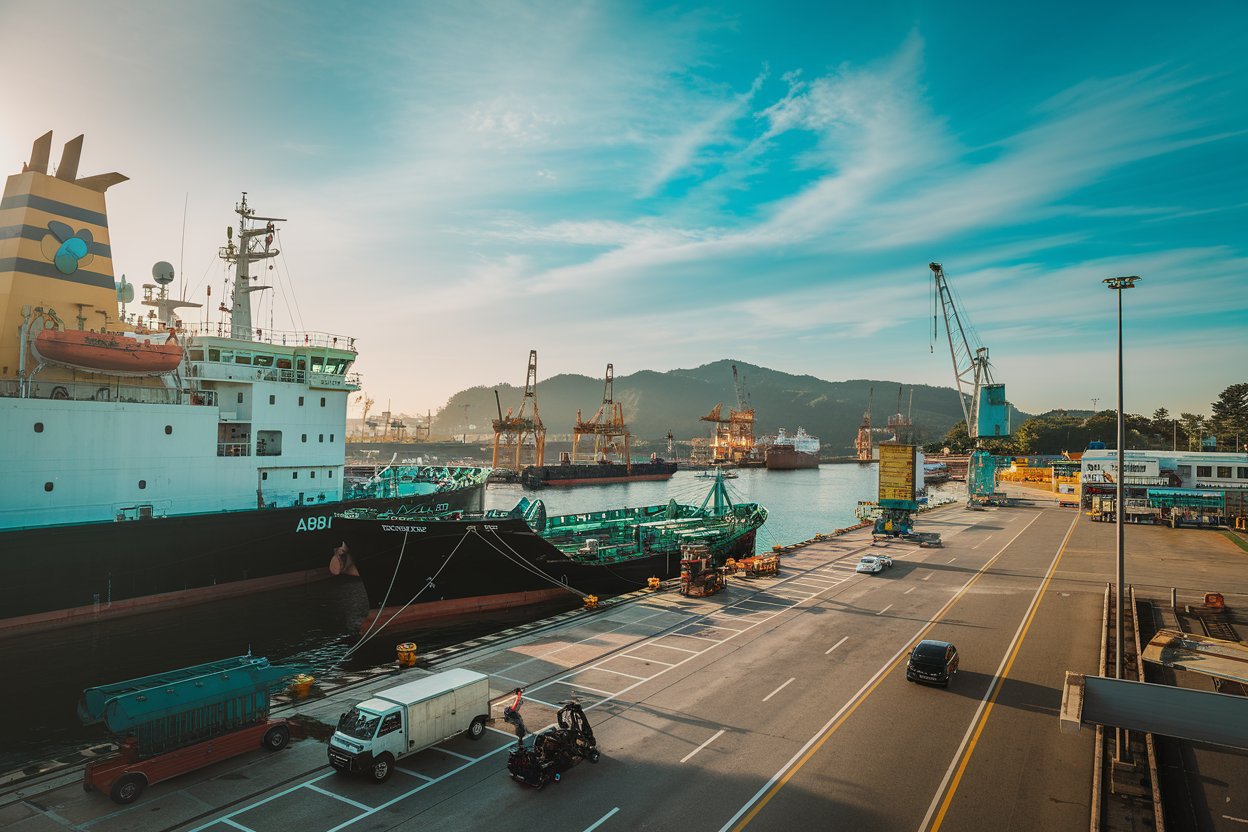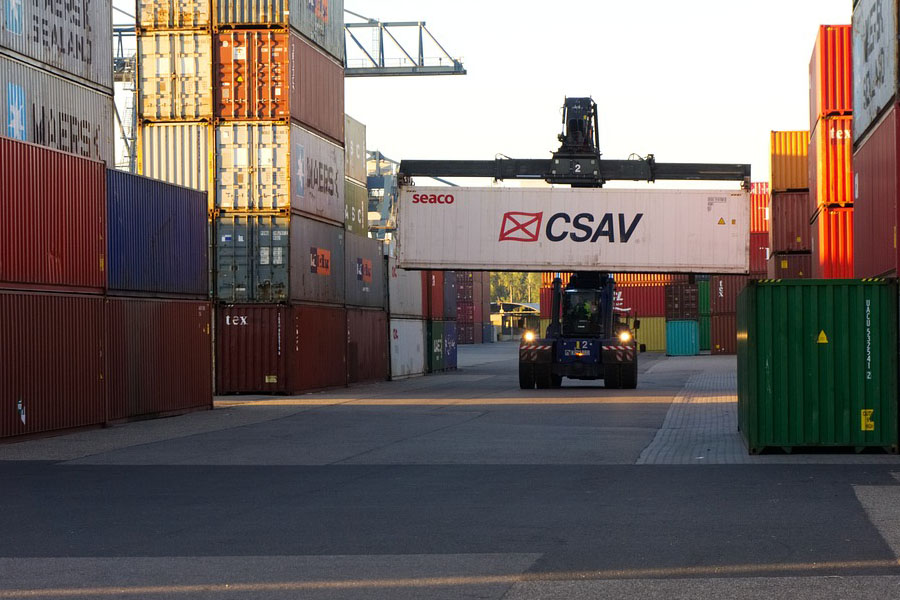- Shanghai Zhongshen International Trade Co., Ltd. - Two decades of trade agency expertise.
- Service Hotline: 139 1787 2118
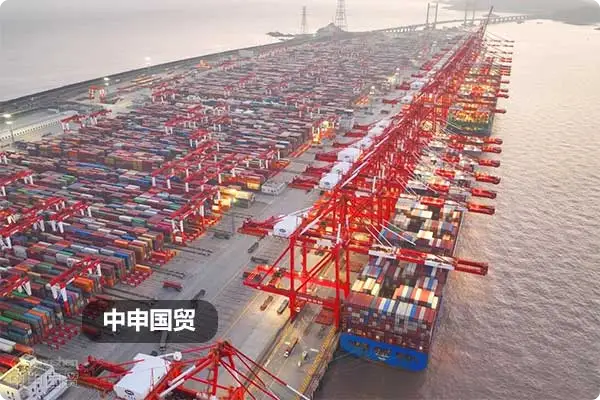
In international trade, agencyExport DrawbackIt is an important means for many enterprises to optimize financial processes through professional assistance. However, agency export tax rebates are not cost-free services, and enterprises need to understand the various costs involved. From direct service fees to indirect potential expenditures, these costs are influenced by multiple factors. A thorough analysis of agency export tax rebate costs helps enterprises make wiser decisions when selecting agency services, ensuring optimal cost-benefit balance while enjoying export tax rebate benefits.
I. Direct Costs: Agency Service Fees
Fixed - fee charging model
Many export tax rebate agencies adopt a fixed fee model. This pricing structure typically determines a relatively fixed amount based on the scale of the companys export business or the volume of tax rebate documents. For example, for small enterprises with limited monthly export volume, agencies may charge a fixed service fee of 2,000 - 3,000 yuan per month. The advantage of this model is that companies can clearly anticipate monthly expenses, facilitating cost budgeting. However, for businesses experiencing sudden growth, it may seem less cost-effective since service fees remain unchanged even with substantial increases in business volume.
Proportional Fee Model
Another common approach is charging a percentage of the export tax rebate amount. Generally, agencies collect 1% - 5% of the rebate as service fees. For instance, if a companys export tax rebate is 1 million yuan with a 3% fee rate, the agency service fee would amount to 30,000 yuan. This model directly correlates with the companys rebate earnings - while resulting in higher agency costs for businesses with larger rebates, it incentivizes agencies to maximize rebate amounts for their clients.
II. Indirect Costs: Potential Expenditures and Risk Costs
Document Preparation Costs
Although agencies handle most of the tax rebate declaration work, enterprises still need to provide a series of basic documents, such as invoices, VAT special invoices, and sales contracts. Preparing these documents may require manpower and time costs. For instance, financial personnel may spend hours or even days organizing and verifying these documents to ensure accuracy and completeness. Errors or missing documents can delay the rebate process and lead to additional costs, such as amendment fees for customs declarations.Export ClearanceCommunication and Coordination Costs
During the agency export tax rebate process, frequent communication and coordination are required between enterprises and agencies. This includes explaining business situations, document handovers, and issue feedback. Poor communication can lead to misunderstandings, affecting rebate efficiency. For example, if an enterprise fails to promptly inform the agency about policy changes impacting its business, the agency may prepare the rebate declaration based on outdated policies, leading to rejection by tax authorities and additional manpower and time costs for both parties.
Risk Costs
Agency export tax rebates also involve certain risk costs. If agencies mishandle operations, such as submitting false or incorrect declarations, enterprises may face penalties from tax authorities, including back taxes, fines, or even credit rating downgrades. Although enterprises delegate tasks to agencies, they remain ultimately responsible as the rebate subjects. Therefore, enterprises must rigorously evaluate agencies credibility and expertise to mitigate such risks.
III. Factors Affecting Agency Export Tax Rebate Costs
Enterprise Scale and Business Complexity
Large enterprises often have extensive export businesses involving diverse products and complex transaction terms, which may result in higher agency export tax rebate costs. On one hand, large enterprises require more time and manpower for document preparation; on the other hand, complex businesses increase declaration difficulties, potentially leading to higher service fees or additional indirect costs to ensure smooth rebate processing.
Agency Expertise and Reputation
Highly professional and reputable agencies typically charge higher fees, but their experience and expertise can reduce rebate risks and improve efficiency, thereby lowering enterprises indirect costs. Conversely, unregulated agencies may attract clients with low prices but operate irregularly, increasing enterprises risk costs.
Policy Environment and Market Competition
National export tax rebate policies are constantly adjusted. If policies tighten, agencies may need more resources to adapt, potentially increasing service costs passed on to enterprises. Market competition also affects agency costs. In competitive markets, agencies may reduce fees or offer value-added services to attract clients, lowering enterprises agency costs.
Agency export tax rebate costs are a multidimensional concept, encompassing direct service fees and indirect potential expenditures and risk costs. When selecting agency services, enterprises must comprehensively consider these costs and their influencing factors, weighing the pros and cons of different agencies to ensure minimal costs and maximal benefits while complying with laws and regulations.
Conclusion
Comprehensive Analysis of Enterprise Agency Export Tax Rebate Costs: A Clear Overview of Direct and Indirect Expenses
Related Recommendations
? 2025. All Rights Reserved. Shanghai ICP No. 2023007705-2  PSB Record: Shanghai No.31011502009912
PSB Record: Shanghai No.31011502009912
